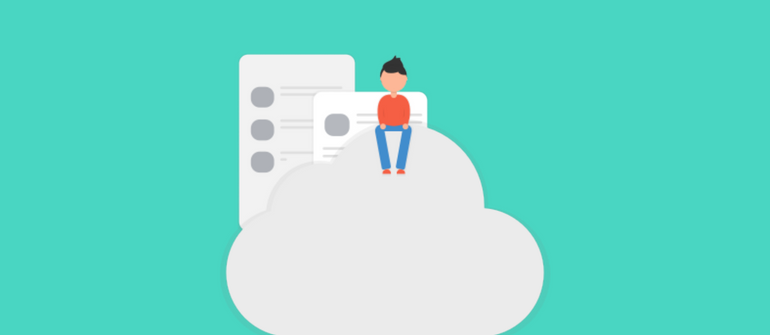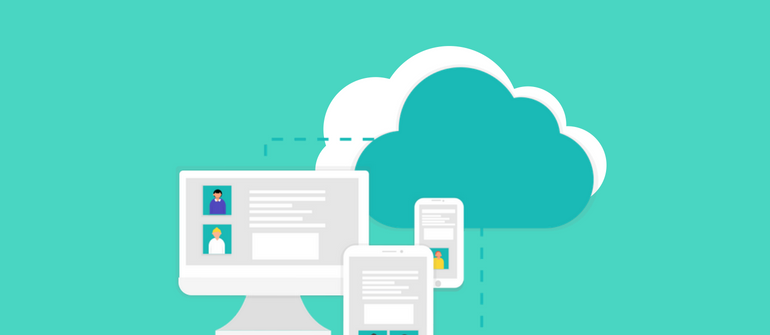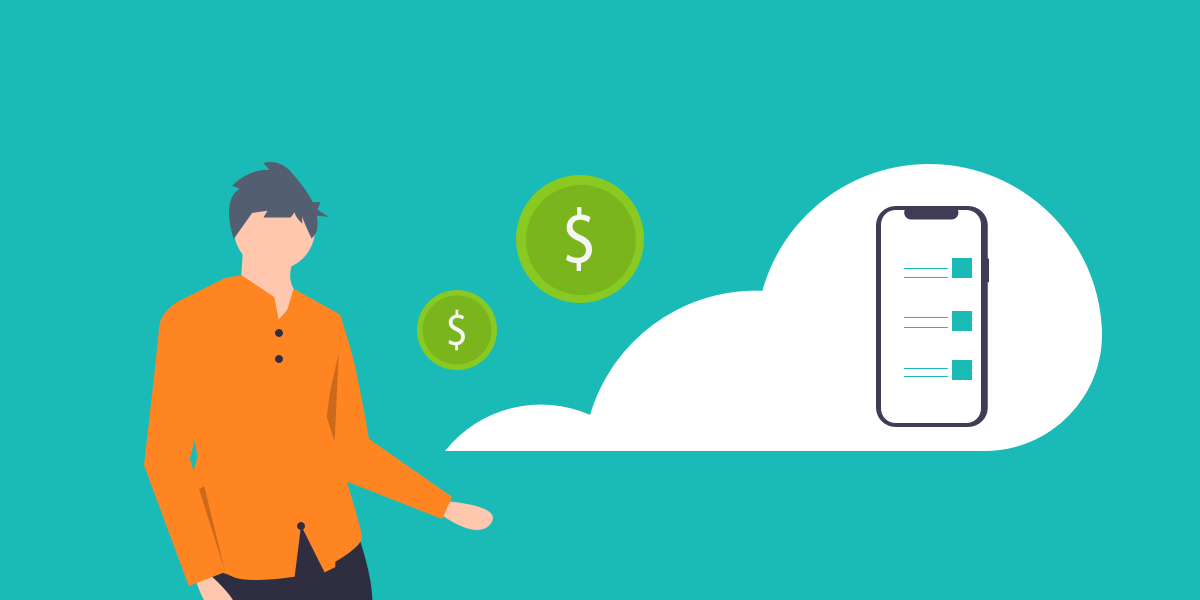Legacy Application Modernization: Key Steps, Benefits & Best Practices
This blog post was co-authored with Riaz Merchant, President and CEO at Mertech. In the fast-paced software world, 'legacy' often signals a warning.

In the world of software, "legacy" is a dirty word. If you’re using legacy software, you’ve fallen behind in a world built on speed and innovation. Sticking with legacy systems opens your business up to future inefficiency, decreased profits, and gaps in IT security.
But sometimes, it’s tough to tell that the system you’ve relied upon for years is a legacy system. You don’t want to jump ship needlessly, because switching systems is a costly, time-intensive endeavor. But if you keep sinking resources into software that’s past its prime, you’re throwing money away and conceding an important advantage to your competitors.
All of which begs the question: How do you recognize that you’re using a legacy system?
Below, we’ll share the top four signs that you need to break up with your current software vendor, because you’re unwittingly using a legacy system.
The best software evolves constantly. And while it’s sometimes a chore to navigate a steady stream of patches, updates, and UI changes, it sure beats the alternative: stagnation.
Has your vendor released a mobile version of their software? Are they talking about cloud-based storage or moving to a Software-as-a-Service (SaaS) business model? Are they interested in integrating with up-and-coming systems? Have they even bothered to move their UI out of the '90s?
If not, your vendor’s not thinking about the future, and they’re definitely not thinking about how you can get extra value out of their software. Meanwhile, you’re paying the same price for a system that’s lagging behind the software your competitors use.
If your vendor hasn’t pushed out a significant update or a new version within the last several months, to say nothing of the last several years, it’s probably time to jump ship. Your legacy system might catch up to best-of-breed systems eventually, but there’s no guarantee. And you don’t have time to wait.
Software vendors who are doing well hire new staff. Companies looking to invest in new technologies hire developers who know those technologies.
If your vendor’s not hiring new, young developers and setting them to work on the software you use, the vendor’s no longer invested in that product. So you shouldn’t be either.
Because things will only get worse as the product’s life cycle continues. A decrease in new development eventually leads to a decrease in maintenance. If you’ve already begun experiencing slower run times, system crashes, and security issues, ask yourself how quickly your vendor has responded to those issues. Are their developers too busy to properly support your system? If so, your issues will only get worse with time.
See if this sounds familiar. You’re chatting up your friends at an industry conference. One of them asks what software you use to manage your customer database or track your sales. You rattle off the name of the system you use, and your friends say, “Oh, that? I didn’t think that software still existed.”
If the software you use is not a recognized brand, there’s likely a reason. A lack of brand recognition means your vendor’s software is definitely not best-of-breed.
And if your vendor’s system doesn’t enter into your peers’ conversations at all, you’re clearly using a legacy system.
A lack of brand recognition also carries a much more tangible drawback. It means you must spend extra time training new hires to use your vendor’s software, because they’ve likely never encountered it before. Orienting new employees is already a costly endeavor. The software you use shouldn’t add unnecessary time or complexity to the process.
At those same industry conferences, you might notice your vendor doesn’t have a booth or even a presence. They’re not interested in selling their product to new customers, which means you (and the vendor’s other remaining customers) will shoulder the burden of keeping their system afloat.
If your vendor’s not actively marketing the product you use, they’re less invested in it than you are.
As others in your industry migrate to more modern systems, your vendor’s likely to increase licensing costs to maintain their profits. This means you’ll be paying more to use an increasingly out-of-date system. At this stage in a system’s life cycle, vendors hope you’ll regard paying to access their obsolete software as a sunk cost you have to live with. If just a few large customers buy in to this fallacy, the vendor can continue turning a profit from a legacy system.
We’ve shown you the signs that you’re using a legacy system. Now it’s up to you to assess the software you use and determine whether it meets our criteria. If it does, you need to make a change, either by switching systems altogether or working with a partner to bridge your legacy system with current technologies.
There are a number of factors you must consider when moving away from a legacy system, and it’s important to get it right. Because if you don’t, you’re simply trading one set of costs and inefficiencies for another.

This blog post was co-authored with Riaz Merchant, President and CEO at Mertech. In the fast-paced software world, 'legacy' often signals a warning.

This post was co-authored with Riaz Merchant, President/CEO at Mertech Data Systems, Inc.

Shifting from your traditional legacy systems to the Cloud can be a game changer, as the benefits of cloud migration are numerous. Cloud computing...